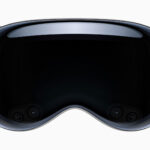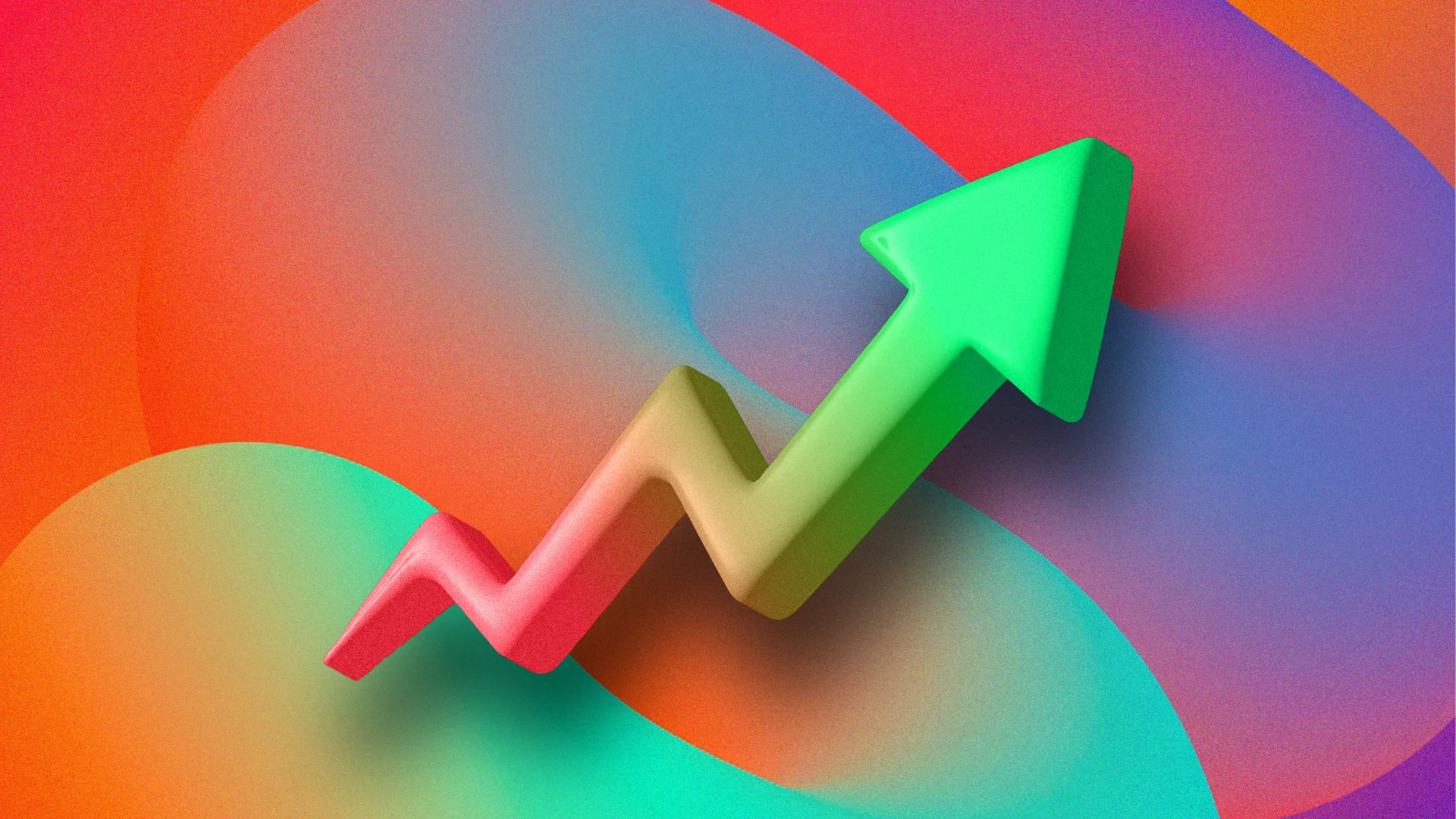After years of rumors and speculation, Apple finally unveiled its mixed-reality headset. The device, called the Vision Pro, made its debut at the company’s Worldwide Developer’s Conference (WWDC) yesterday alongside reveals of new Macs and iOS 17, the next-generation iPhone operating system.

But then something odd happened. After Apple’s unveiling of the Vision Pro, the company’s stock price dropped. At the same time, the stock price for much smaller tech company, Unity Software, surged. Both movements were due to the Vision Pro. Here’s what you need to know.
- What’s happened? After Apple unveiled its new mixed-reality Vision Pro headset, Apple stock (ticker: AAPL) dropped, while the stock price of Unity Software Inc (ticker: U) surged.
- Why did AAPL shares drop after the Vision Pro announcement? Prior to the Vision Pro unveiling, AAPL shares were trading at all-time highs above $184 per share. But once Apple unveiled the device, shares dropped about 1% for the day down to $179.58. As of the time of this writing, in premarket trading, Apple shares are down about another half-percent. That drop is well inside the norm for any trading day, but the reason behind it likely has to do with investors digesting the Vision Pro’s $3,499 price point. The headset may be Apple’s newest device in years, but investors may just be realizing that most consumers won’t flock to it like they do to a new iPhone.
- Why did U shares surge after the Vision Pro announcement? During the unveiling of the Vision Pro, Apple revealed that it is using Unity’s software tools to bring 3D apps and games to the device. This means third-party developers will need to use Unity’s tools, too, which could generate more revenue for the relatively small company.
- How much did U shares rise after Apple unveiled the Vision Pro? U shares ended the day up over 17% to $36.32 per share. And as of the time of this writing, in premarket trading, U shares are up another 3.8% this morning. As CNBC notes, yesterday’s share surge was the stock’s biggest jump since Unity Software went public in 2020.
- What has Apple said about Unity’s involvement with the Vision Pro? Pretty much just what you heard yesterday if you watched the keynote. Apple’s vice president of worldwide developer relations, Susan Prescott, said, “We know there is a community of developers who have been building incredible 3D apps for years. Today, we are excited to share that we’ve been working with Unity to bring those apps to Vision Pro, so popular Unity-based games and apps can gain full access to VisionOS features such as Passthrough, high-resolution rendering and native gestures.”
- So this is great news for Unity investors, right? It’s certainly good news as it caused U stock to jump so much in a single day. But when looking back on Unity’s stock price since the company IPO’d in 2020, long-time investors have had a very rough ride. About a year after the IPO, U shares were trading above $172—helped by the pandemic-fueled boom in tech stocks. But since those highs, Unity’s share price has fallen off a cliff. Still, investors were surely happy to see that 17% surge in U’s share price yesterday.
- What has Unity said about its involvement with Apple? The company has mainly remained mum—likely at Apple’s request. So far it hasn’t even issued a press release about the matter. But a Unity spokesperson did tell CNBC, “We’re excited to deliver Unity’s powerful and familiar real-time 3D tools and capabilities to Apple Vision Pro. . .”
